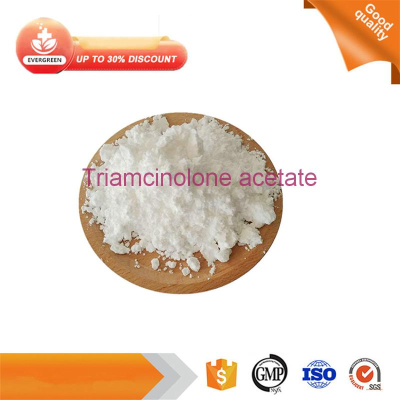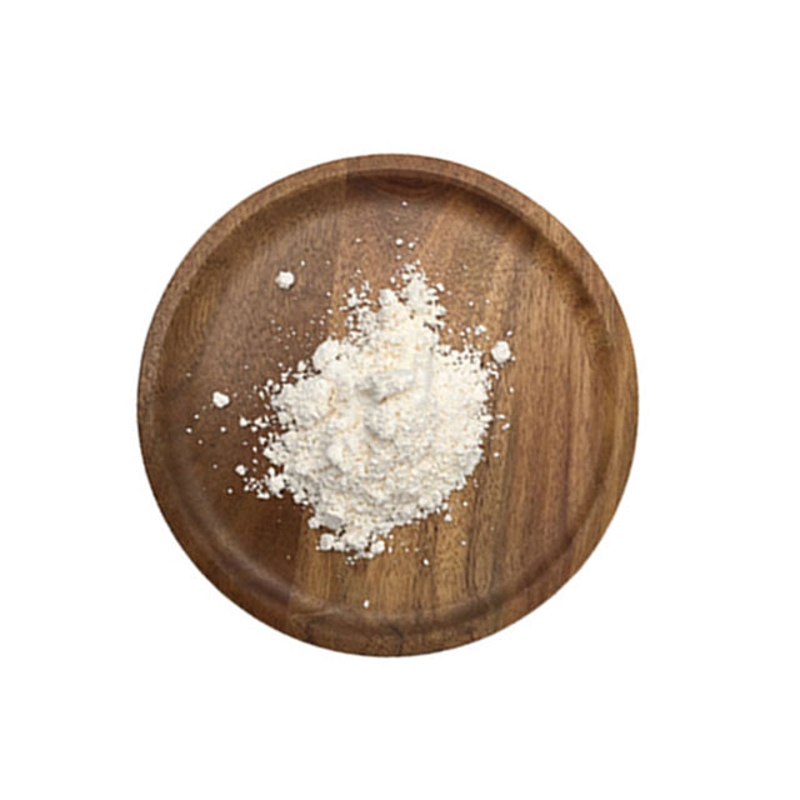-
Categories
-
Pharmaceutical Intermediates
-
Active Pharmaceutical Ingredients
-
Food Additives
- Industrial Coatings
- Agrochemicals
- Dyes and Pigments
- Surfactant
- Flavors and Fragrances
- Chemical Reagents
- Catalyst and Auxiliary
- Natural Products
- Inorganic Chemistry
-
Organic Chemistry
-
Biochemical Engineering
- Analytical Chemistry
- Cosmetic Ingredient
-
Pharmaceutical Intermediates
Promotion
ECHEMI Mall
Wholesale
Weekly Price
Exhibition
News
-
Trade Service
Translator: Zhang Hui, The First Affiliated Hospital of Henan Polytechnic University
Introduction: From September 19 to 23, 2022, the 2022 European Association for the Study of Diabetes Annual Conference, a major international conference in the field of endocrinology, was held
in Stockholm, Sweden in the form of "online + offline".
At the meeting, scholars shared a research report entitled "Exploration of the Protective Mechanism
by anti-inflammatory effects.
Does the mechanism of cardiac benefit of empagliflozin come from anti-inflammatory effects?
to be shown to significantly reduce CV mortality and heart failure hospitalizations in both diabetic and non-diabetic populations.
However, the exact mechanism remains unclear, and this study explores the effect of empagliflozin on specific plasma biomarkers and potential cardiac remodeling parameters, while determining the correlation between patients with diabetic
of empagliflozin.
In this review, adult patients with type 2 diabetes mellitus (T2D) and heart failure were enrolled in subjects with left ventricular ejection fraction (LVEF) ≤ 45% (EFFORT-1) or LVEF >45% (EFWORT-2), for a total of 63 patients, including 24 in the EFFORT-1 group and 39 in the EFFORT-2 group
.
These participants received either empagliflozin 25 mg or placebo for 48 weeks
of follow-up.
were determined by ELISA at baseline, 2, 12, 24, and 48 weeks after randomization, respectively.
The left ventricular end-diastolic diameter (LVEDD) and posterior wall diameter
were assessed at baseline, weeks 12, 24, and 48.
Changes from baseline examination and corresponding differences between treatment groups were determined by mixed-effect repeated measurement analysis, with treatment, visit, and event interactions as fixed effects and baseline values as covariates
.
The mean and difference between the logarithmic transformation data are returned to the original scale
as a ratio.
Calculate the Pearson or Spearman correlation coefficient
.
After stimulation of ± empagliflozin by high glucose and TNF-α, the expression
of inflammatory proteins in HUVEC is detected.
Empagliflozin had no significant effect on the expression of inflammatory markers
➤ Compared with placebo, KIM-1 levels in the EFFORT-2 group were significantly reduced by 38% (95% CI -57%~-13%) at 48 weeks, while there was no significant difference
in the EFFORT-1 group.
➤ By reducing LVEDD at all time points in the EFFORT1 group, empagliflozin improved cardiac remodeling parameters, reaching significance only at week 24, with a difference of -7.
88 (95% CI -12.
2~-3.
61) with a borderline non-significant difference at week 48 [-4.
40 (95% CI -8.
84~0.
042)].
➤EFFORT-2, at week 48, empagliflozin significantly reduced posterior wall diameter [-2.
29 (95% CI -3.
60~-0.
99)].
➤ No clinically meaningful correlation
was observed between plasma biomarkers and cardiac remodeling parameters.
➤ In HUVEC, empagliflozin had no significant effect
on the expression of inflammatory markers.
conclusion
Studies have shown that empagliflozin can significantly reduce the renal tubular biomarker KIM-1, thereby exerting a protective effect in patients with heart failure while reducing cardiac remodeling
.
These cardiovascular benefits are most likely not explained
by the anti-inflammatory effects of empagliflozin.
Translator's introduction
Zhang Hui
Doctor of Medicine, Deputy Chief Physician, Deputy Director of Department
At present, he is also a youth committee member of Henan Microcirculation Society, a youth committee member of Henan Diabetes Society, a secretary of Jiaozuo Diabetes Professional Committee, and a member of Jiaozuo Endocrinology Professional Committee
He undertook one Henan University Fund, one Henan Province Science and Technology Research Project, one municipal scientific research, and 2019 municipal science and technology top-notch talents, and published more than 20 papers
.







